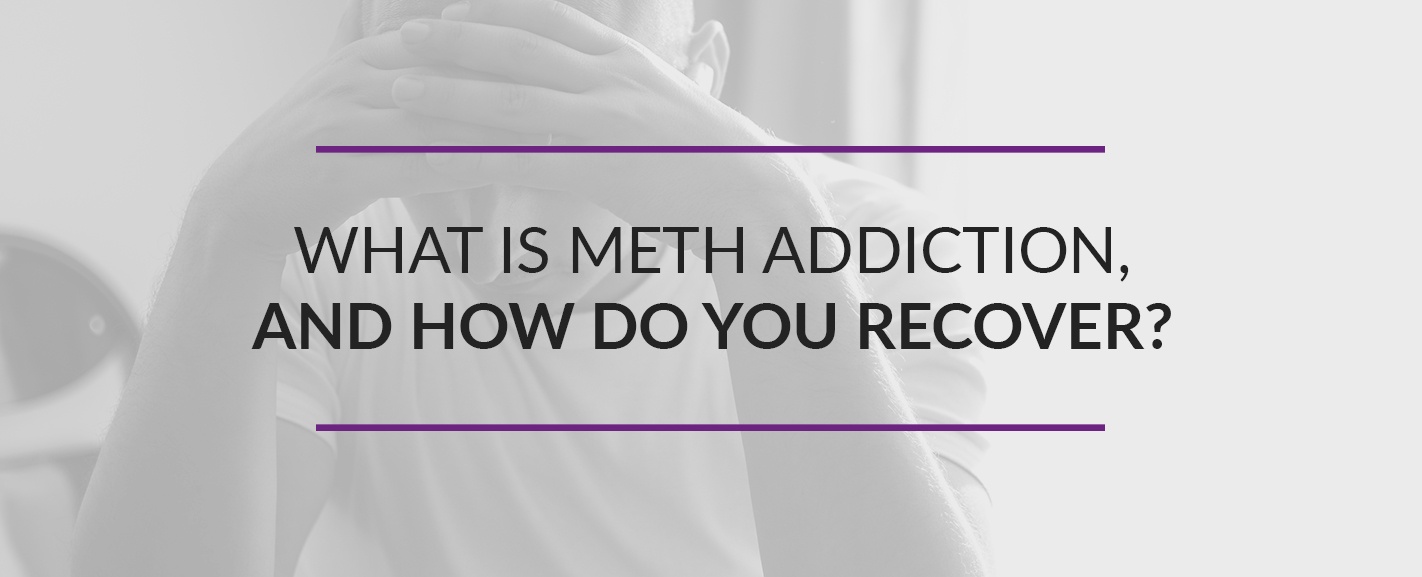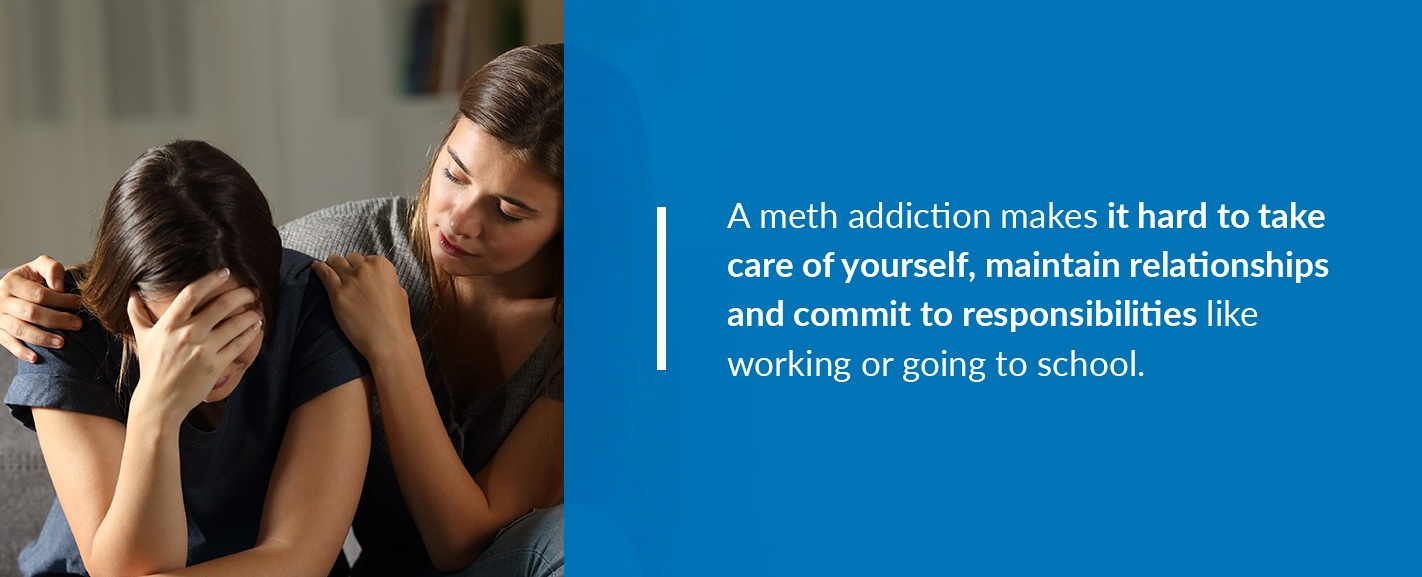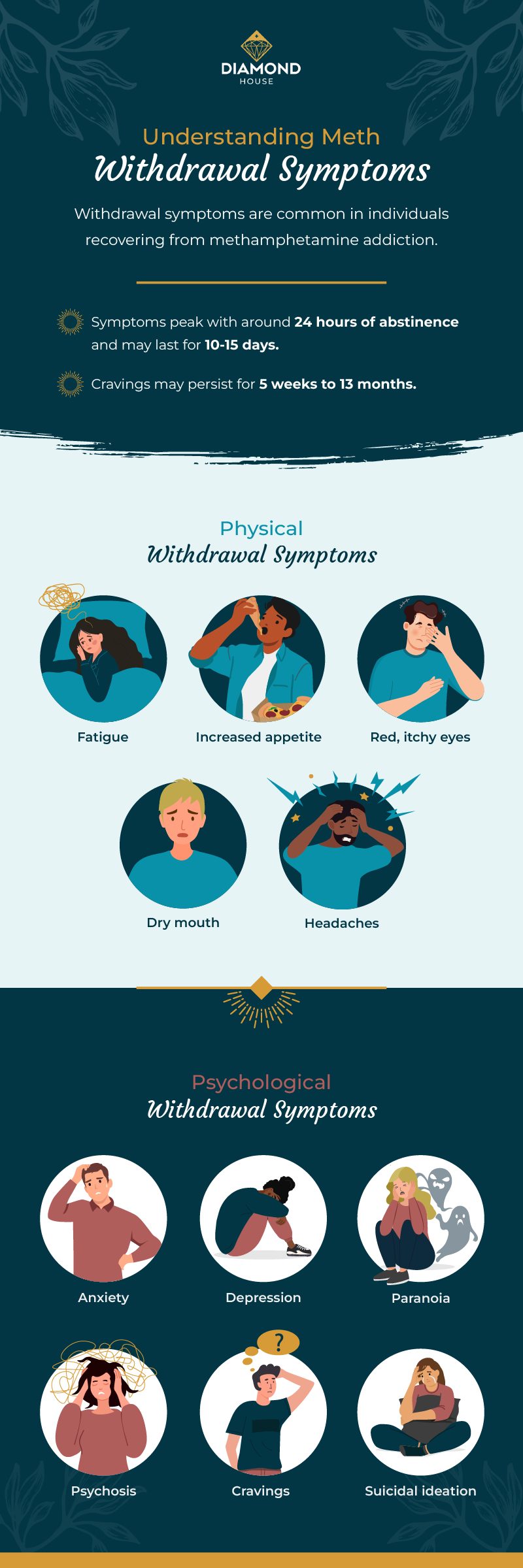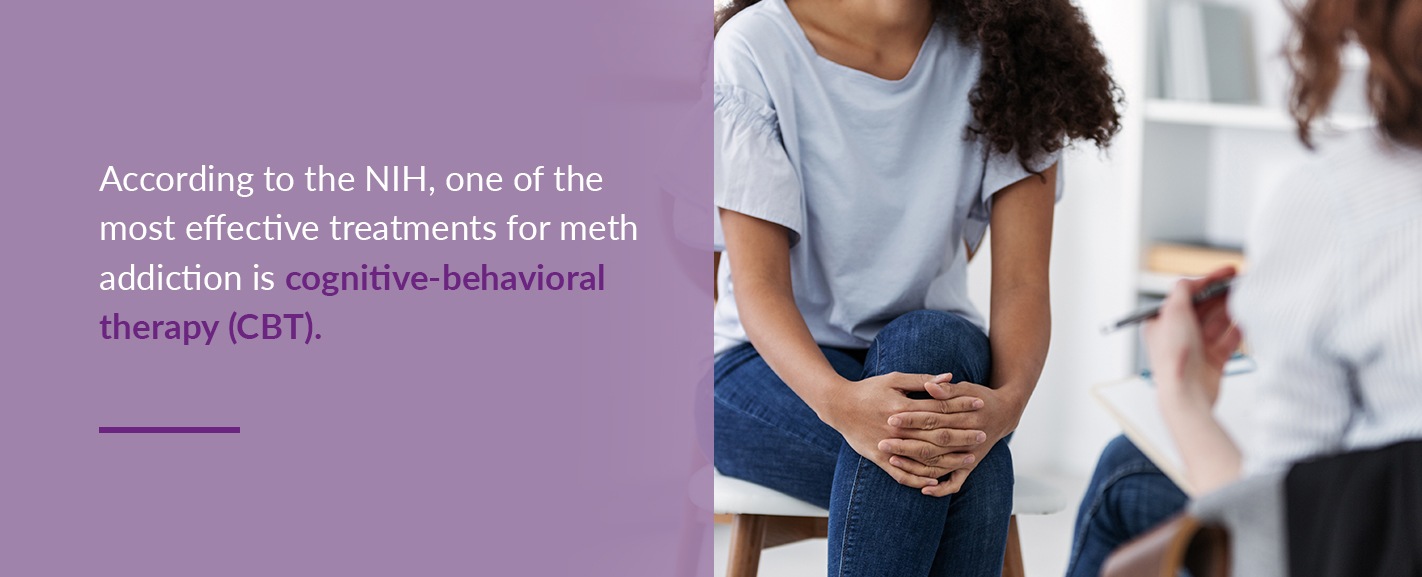If you’re looking for an inpatient or outpatient meth rehab program in Northern California or the Sacramento area, we’re ready to help you at Diamond House Detox. We believe in helping our clients understand the reasons for their addiction, which is why we specialize in treating co-occurring disorders and developing individualized treatment plans. We also offer incidental medical services to promote a comfortable detox experience.
At Diamond House Detox, we welcome clients to a relaxed environment where they can heal, grow and receive the support they need. If you’re ready to begin your recovery with a team of caring professionals, contact us online or call us anytime at 888-205-9455.












